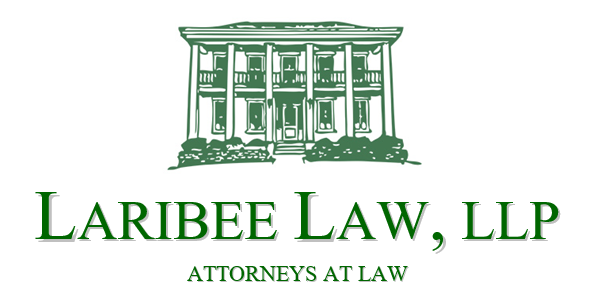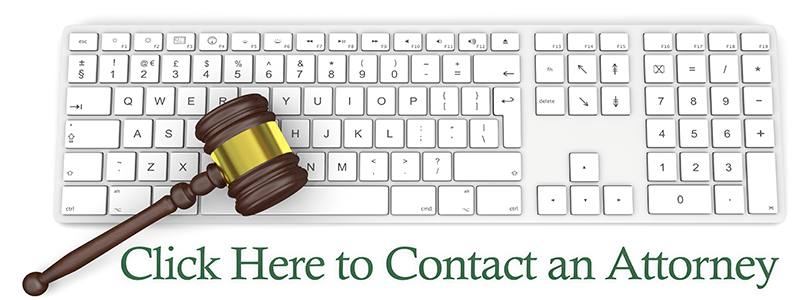What is Non-Probate Property?
Michael L. Laribee, Esq.
Read this example to get a better understand of Non-Probate Property:
Jack and Mack are brothers. Zeke, their father, owned a tree farm containing hundreds of acres of land. He was the sole owner. After Zeke’s wife died, he drafted a Last Will and Testament stating that his sons would each inherit one-half of his estate.
One day, Zeke was injured while harvesting trees for Christmas sales. Jack insisted that Zeke move in with him until he fully recovered. Sadly, Zeke’s physical health deteriorated. In the years that followed, Jack took care of his father. Their relationship grew stronger. Mack, on the other hand, did not visit his father often as his job kept him busy travelling abroad.
It became clear that Zeke could not live on the farm alone. Zeke decided to sell the tree farm to a real estate developer for $500,000.00. He deposited the sale proceeds at his local bank in a savings account naming Jack as a joint owner with rights of survivorship.
Upon Zeke’s death, the bank allowed Jack to withdraw the funds remaining in the joint account after he presented a certified death certificate. No probate court approval was required.
Mack was upset that Jack ultimately received all of the sale proceeds from the farm. He argued that he was entitled to one-half of Zeke’s estate as set forth in his will. Does Mack have a valid claim for one-half of the money in the bank account? Considering these facts alone, the answer is no.
Upon death, assets are divided into two categories: probate assets and non-probate assets. Non-probate assets are not governed by a decedent’s will and pass outside of probate court by virtue of a title designation which is activated upon death.
Common examples of non-probate assets include:
- real estate, bank accounts, and brokerage accounts property held in joint and survivorship form;
- motor vehicles and real property with a transfer-on-death designation;
- life insurance proceeds payable to a named beneficiary other than the estate; and,
- “payable on death” bank accounts.
All other property owned by a decedent are probate assets which pass according to the decedent’s will and must be administered through probate court.
Probate courts in Ohio have no jurisdiction to administer non-probate assets. They are not listed on the estate inventory. Likewise, non-probate assets are not generally subject to the claims of creditors who are owed money from an estate. If a decedent owns only non-probate assets upon his death, then all of his assets will pass without even considering the provisions of his will.
The issue of joint and survivor bank accounts has been the subject of many lawsuits in Ohio. Often, the survivor had to prove in court that a depositor actually intended to give the balance of money to him on the depositor’s death. Some courts traced the source of the funds to see if the survivor deposited any funds of their own to the account during the decedent’s lifetime. Other courts found that survivorship accounts were set up for the convenience of the depositor only and disallowed the survivor’s claim against the funds upon the depositor’s death.
The Ohio Supreme Court put an end to these disputes in 1994. It decided when a depositor opens an account in joint and survivorship form, it is conclusive evidence of the depositor's intention to transfer to the survivor the balance remaining in the account at the depositor's death. The survivorship account can only be challenged if there is evidence of fraud, duress, undue influence or lack of mental capacity of the depositor.
While joint and survivor accounts are a viable non-probate mechanism to transfer property at death, it has at least one drawback: both parties listed on the account have full access to the funds during the depositor’s lifetime. The depositor must have great trust in the joint owner not to deplete the account. It is important that you consult with a trusted probate attorney to review the specifics of your estate to make sure that your assets will be administered in the way you intend.
This article is intended to provide general information about the law. It is not intended to give legal advice. Readers are urged to seek advice from a trusted probate attorney regarding their specific issues and rights. Laribee Law, LLP stands ready to assist you.
Michael Laribee is a partner in the Medina law firm Laribee Law, LLP. This article is intended to provide general information about the law. It is not intended to give legal advice. Readers are urged to seek advice from an attorney regarding their specific issues and rights.


